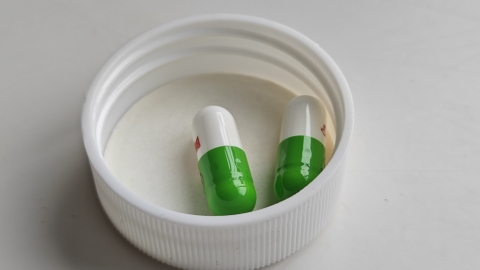Is it okay to take Western medicine on an empty stomach?
Generally speaking, whether it is appropriate to take Western medicine on an empty stomach depends on the characteristics of the drug itself and its impact on human physiological processes. If a drug needs to be absorbed quickly or if food interferes with its absorption, it is usually suitable to take on an empty stomach; if the drug is highly irritating to the gastrointestinal tract or interferes with nutrient absorption, it is not suitable to take on an empty stomach. A detailed analysis is as follows:

Some drugs, such as certain antibiotics, can pass through the stomach into the small intestine more rapidly when taken on an empty stomach, allowing for quicker absorption and enabling the drug to reach an effective blood concentration faster, thereby achieving optimal therapeutic effects. In an empty stomach state, the absence of food prevents interference, allowing the drug to directly contact the gastrointestinal mucosa, accelerating the dissolution and absorption process. Additionally, some antidiabetic drugs can avoid interference from food when taken on an empty stomach, resulting in more complete and stable drug absorption.
Conversely, nonsteroidal anti-inflammatory drugs (NSAIDs) may directly contact and irritate the gastric mucosa when taken on an empty stomach, easily causing adverse symptoms such as nausea, vomiting, and stomach pain. Long-term use on an empty stomach may even lead to gastric mucosal damage, ulcers, or bleeding. This is because these drugs inhibit the synthesis of prostaglandins in the gastric mucosa, which are substances that protect the gastric lining. When prostaglandin levels are low, the gastric mucosa becomes more susceptible to damage from gastric acid and other irritants. Therefore, taking these drugs on an empty stomach is not recommended.
In daily life, before taking medication, carefully read the drug instructions to understand the method of administration and precautions. At the same time, it is advisable to avoid taking medication on an empty stomach as much as possible. One may choose to take the medication half an hour to an hour after a meal to reduce irritation to the gastrointestinal tract. It is also important to ensure timely administration of the medication to maintain an effective drug concentration in the body.








